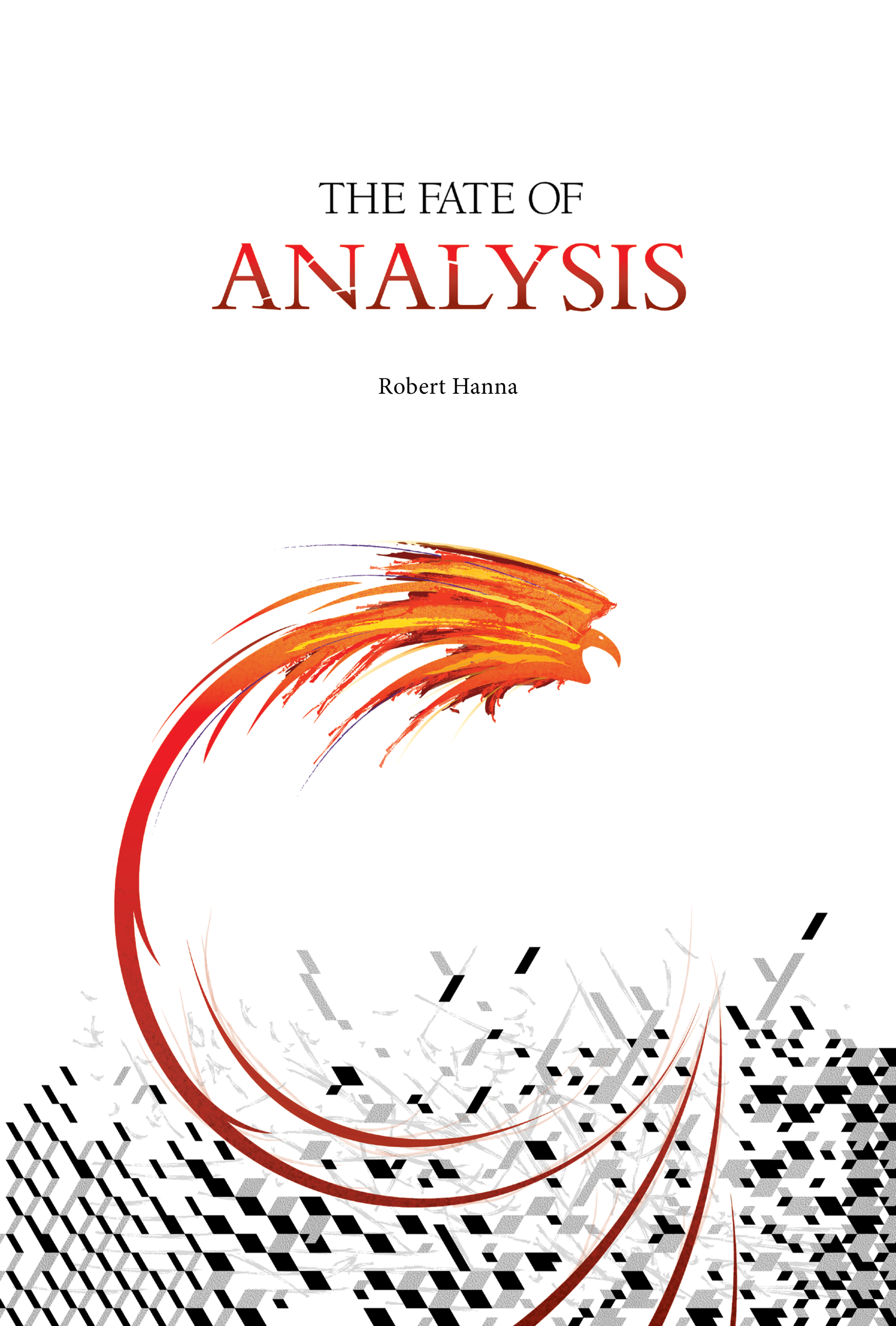Introduction
All human thinking proceeds by means of concepts.
Concepts, in turn, are essentially general mental representations that can describe anything under the sun, provided that it’s not gibberish or nonsense, including actual or possible objects, other people, oneself, non-human animals and other organisms, super-human beings, processes, qualities, relations, properties of all sorts, and states-of-affairs of all sorts, including impossible ones—even including logical contradictions and paradoxes: roughly speaking, you name it, and then some concept can describe it.
And you can also form concepts of things that don’t have names yet.
What follows is a compendium of terms standing for specifically philosophical concepts.
More specifically, it’s an alphabetized, open-ended list of terms from A to Z, standing for basic or otherwise important philosophical concepts, accompanied by their definitions, and often also by what I call elaborations of them: deeper explications of them, formulations of distinctions between them, unpackings of relations between them, and so-on.
Hence, it’s an annotated, encyclopedic philosophical dictionary or philosophical lexicon.
To be sure, its construction is an endless work-in-progress, forever open to critical examination, revision, and updating.
But above all, heeding what Charles Sanders Peirce called “the ethics of terminology,”[1] the purpose of such a philosophical dictionary or lexicon is to provide a set of basic, clearly and distinctly defined, and well-articulated concepts for direct, hands-on use in philosophical dialogue, philosophical discussion, philosophical inquiry or research, and individual or collective philosophical thinking more generally—so in effect, it’s also a philosophical lingua franca, a common language for philosophy.
Before we get to the entries themselves, here are four caveats.
First, all of these definitions, explications, and distinctions are, to some extent, controversial, precisely because they imply a certain philosophical point of view, or set of presuppositions, that not all philosophers share.
Second, entries marked with an asterisk* indicate a particularly controversial definition, and also include a brief description of the controversy, in italics.
Third, some entries also include a philosopher’s name in parentheses, if that definition is closely historically associated with a formulation that was original to that philosopher.
Fourth and finally, because the list of entries is open-ended, the individual entries won’t be presented in alphabetical order, although they will be archived in alphabetical order for easy reference.
See, e.g., S. Haack, “The Meaning of Pragmatism: The Ethics of Terminology and the Language of Philosophy,” Teorema: International Journal of Philosophy 28 (2009): 9-29. ↩︎

If you feel so inclined, please feel free to show your support for Robert via his Patron page (https://www.patreon.com/philosophywithoutborders) or purchase his recently published book, The Fate of Analysis (2021).

The Fate of Analysis (2021)
Robert Hanna’s twelfth book, The Fate of Analysis, is a comprehensive revisionist study of Analytic philosophy from the early 1880s to the present, with special attention paid to Wittgenstein’s work and the parallels and overlaps between the Analytic and Phenomenological traditions.
By means of a synoptic overview of European and Anglo-American philosophy since the 1880s—including accessible, clear, and critical descriptions of the works and influence of, among others, Gottlob Frege, G.E. Moore, Bertrand Russell, Alexius Meinong, Franz Brentano, Edmund Husserl, The Vienna Circle, W.V.O. Quine, Saul Kripke, Wilfrid Sellars, John McDowell, and Robert Brandom, and, particularly, Ludwig Wittgenstein—The Fate of Analysis critically examines and evaluates modern philosophy over the last 140 years.
In addition to its critical analyses of the Analytic tradition and of professional academic philosophy more generally, The Fate of Analysis also presents a thought-provoking, forward-looking, and positive picture of the philosophy of the future from a radical Kantian point of view.







